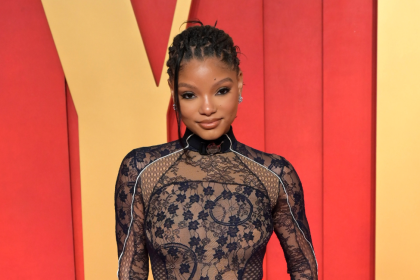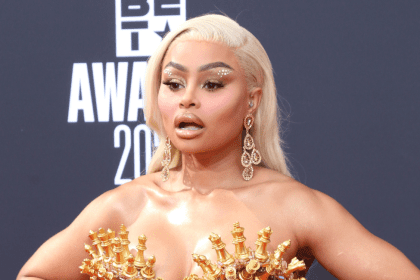
Kuye Youngblood is the general manager of BRIC TV and an Emmy award-winning producer with experience in scripted and documentary programming. Her responsibilities include developing television and film projects that have premiered at festivals including Tribeca, Sundance, SXSW, Urbanworld, ABFF, and Series Fest.
Youngblood talks about her role with the network, and offers tips to help overcome imposter syndrome.
What is your role as general manager?
As the general manager, I’m basically running a television network, and there are several parts to that job. I work very closely with some really smart engineering folks, and with tech people to keep the network running. There’s that piece of it, ensuring they have what they need, and supporting their efforts. And then I’m also working with a team of creative folks. So producers, editors and filmmakers, to give the editorial direction to the channel and to curate the programming. I would say the third piece of the job is always around looking ahead to our business model like we’re a nonprofit. So what ways can we diversify revenue and our content that still works with our mission? I’m looking ahead, and I’m looking at film festivals and getting our brand out there through film festivals.
If you had a superpower, what would you consider it to be?
I lead with kindness, and I like to give a lot of grace and space in my interactions. Kindness goes a long way. I actually took on the general manager role during the pandemic. There was a lot going on, and a lot of us were working remotely. There were a lot of people who no longer had access to what we do as in the way that we used to do it, so one of the things that I learned early on was to give space around that truth, and then just kind of open it up to self-expression, and allowing people to be where they were and get what they need, while still holding people accountable. That’s very important in continuing to move the work forward.
What are some things that helped you overcome imposter syndrome?
Growing up as a Black woman, I’ve been in White spaces. I’ve been the other and the outsider, so it’s very natural to be like, “Do I belong here? Should I open my mouth and say something?” The truth is my story matters and what I need matters. What I have to say matters. My point of view matters, and what I bring to this world matters. I insist on being heard. How you receive it isn’t my issue. I think that’s really important. It certainly has helped me empower others, which I think is also really important, not only because other people see me in this role but because I’m giving grace and space and a platform to other people to express themselves in their art forms and in their messages, which is key.
















